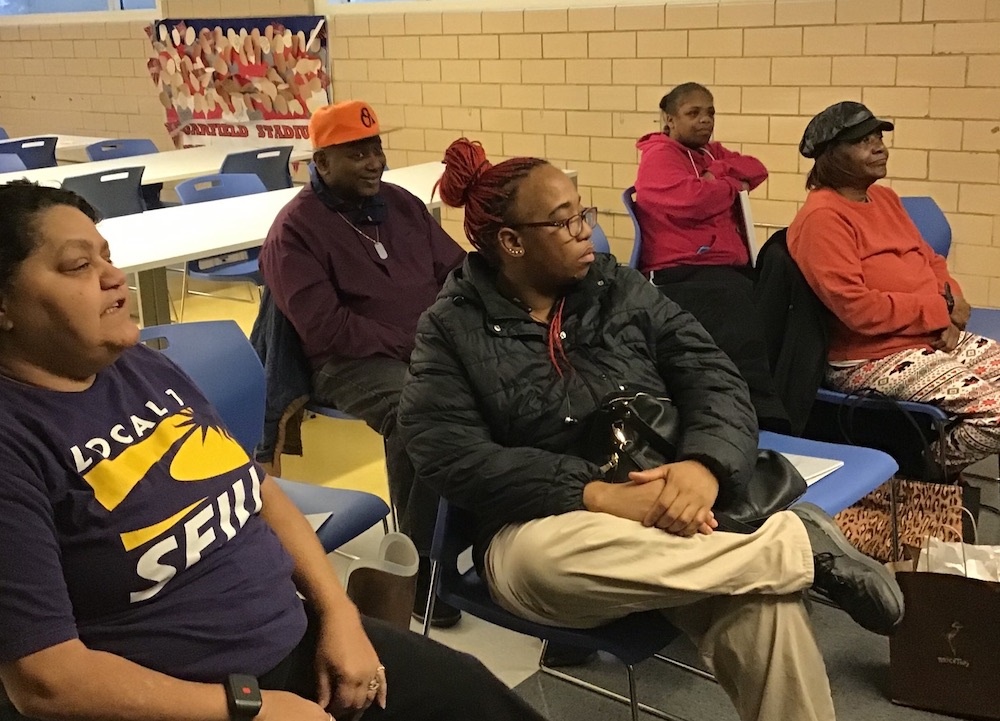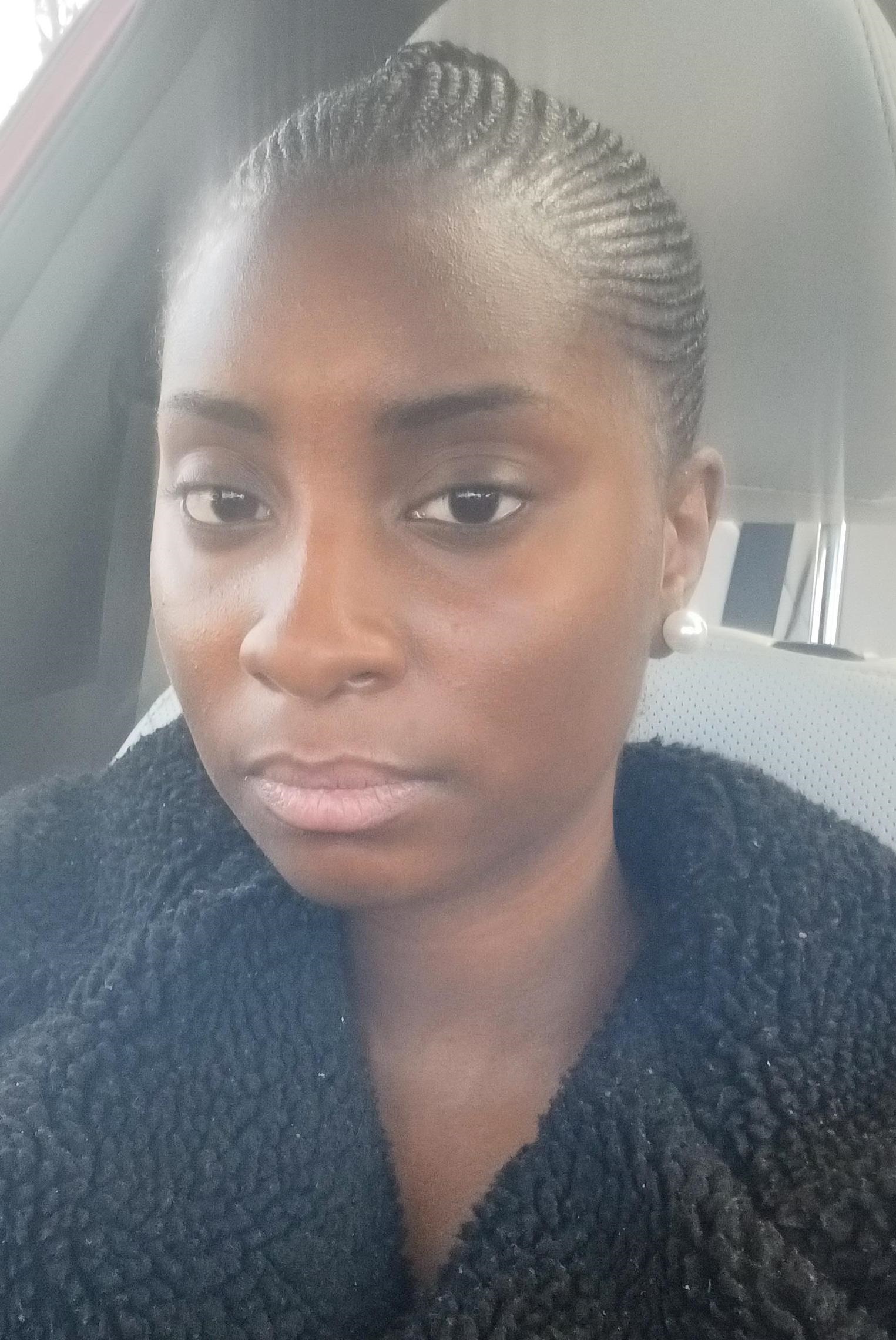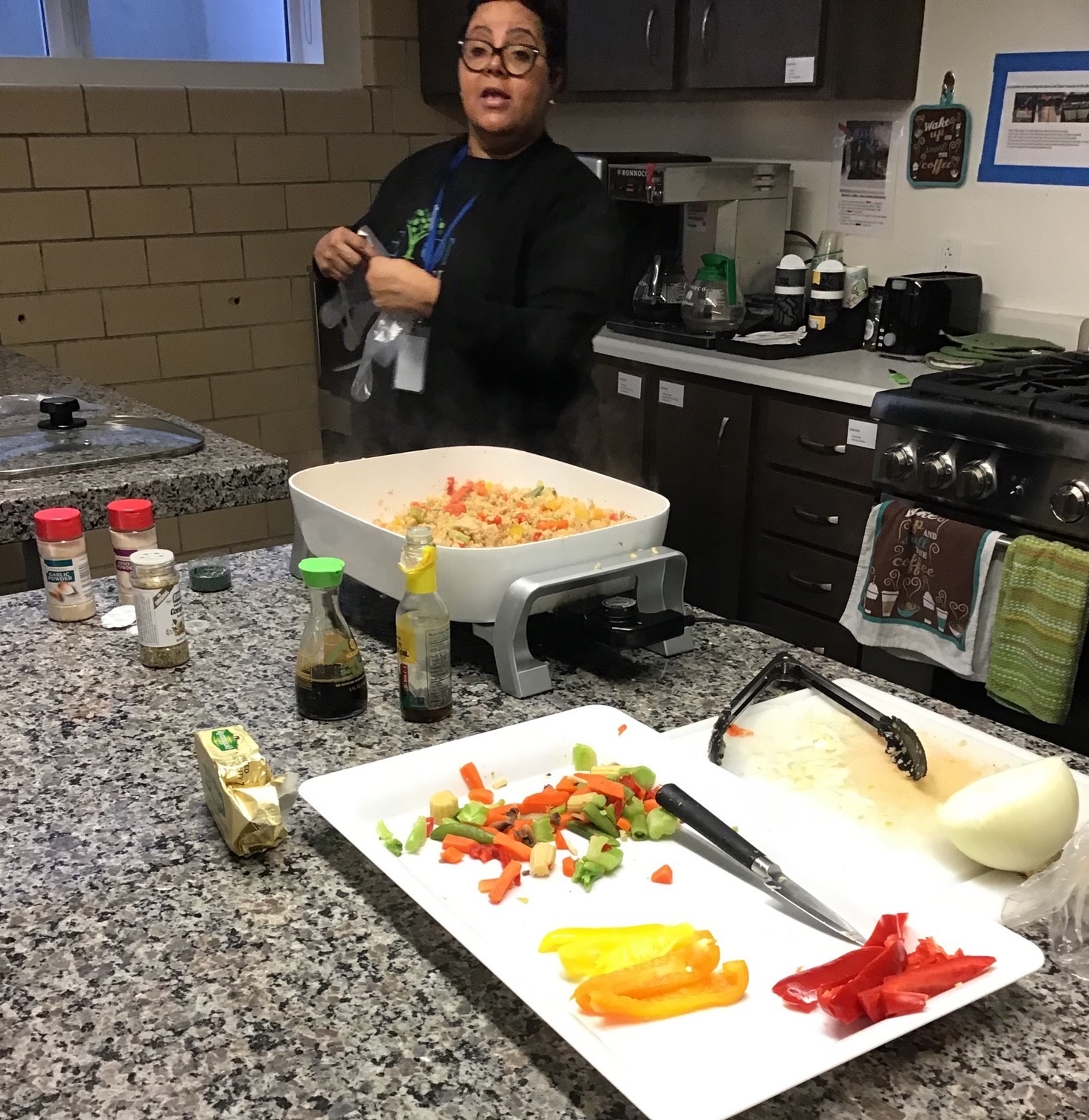For Adeshia Session, it starts with a phone call. But it's more than that, says the community health worker at Beyond Housing in St. Louis, Missouri. "It's about making a connection." Session, who has been in her post for three years, reaches out to residents with Type 2 diabetes. The clients she gets are often referrals from a local, partnering hospital. "In that first phone call, I explain what I do. And how our program can help." From that phone call, a relationship is born. So is a clearer path to better health.
More than a dozen NeighborWorks network organizations added community health worker programs

Randy, for example, is one of Session's clients who enrolled in the program in July 2020 during the pandemic after losing his day job – and the supplemental income that he earned as a saxophone player when COVID-19 closed performance venues. He had no insurance and paid for diabetic supplies and doctor visits out of pocket. Through research and calls, Session found he would soon be eligible for Medicare and could benefit from social services support in the interim. She also arranged mortgage assistance through Mercy Caritas' grant funds and connected him to a food packaging service and a pharmacy. Now, with Medicare kicking in and supports set up, he is transitioning out of the program.
"Ms. B," another client, initially wasn't interested in the community health worker program. But by mid-May, she and Session had developed a relationship.
"I would remind her about the food drive on Saturday at Beyond Housing and any other resources that came across my desk," Session says. As Ms. B needed more help with her insulin, she entered the program, and Session found a pharmacy and coupon to bring down the cost of Ms. B's insulin. Session continued to follow up on insurance and gaps, connecting her client with an insurance specialist at Christian Hospital. They found better options. "Now, her medication cost for insulin is $8." Down from more than $400.
To prepare for her position, Session took a course at the local community college. But her real preparation was as a case manager for a nonprofit, working with and connecting with people. Session grew up in the county where Normandy Schools Collaborative is located. "My grandmother is from there," she says. "I spent a lot of time there." Now, she spends her days calling and connecting with individuals.

"Mara" encountered one such barrier. A patient with type 2 diabetes, Mara also needed surgery. But to prepare for that surgery, she needed to get her sugar and hypertension under control.
"We spent six months trying to get it straight," Session says. She helped Mara connect with a nurse and acquired a blood pressure monitor. Her glucose and blood pressure went down, and she had her surgery. "She was even able to go on a family trip." The two of them worked together for two years.
Support programs like this show how NeighborWorks network organizations work to address the

Session is one of three community health workers at Beyond Housing, which has had the program since 2018. The focus so far has been on helping residents in the 24 municipalities in the Normandy Schools Collaborative. Ward says they work one on one with residents.
"Each heath worker has a roster of 17 to 23 people at any given time," Ward adds. Residents graduate the program as they learn to manage their illnesses.
"It's a support system," explains Ward, who was part of the NeighborWorks cohort exploring how to expand work using community health workers. Recent Beyond Housing surveys show type 1 diabetes, depression, anxiety and hypertension are all in-demand areas for case management. The organization plans to hire another health worker soon, because: "We want to assist even more people in the community. This work is transformative."

